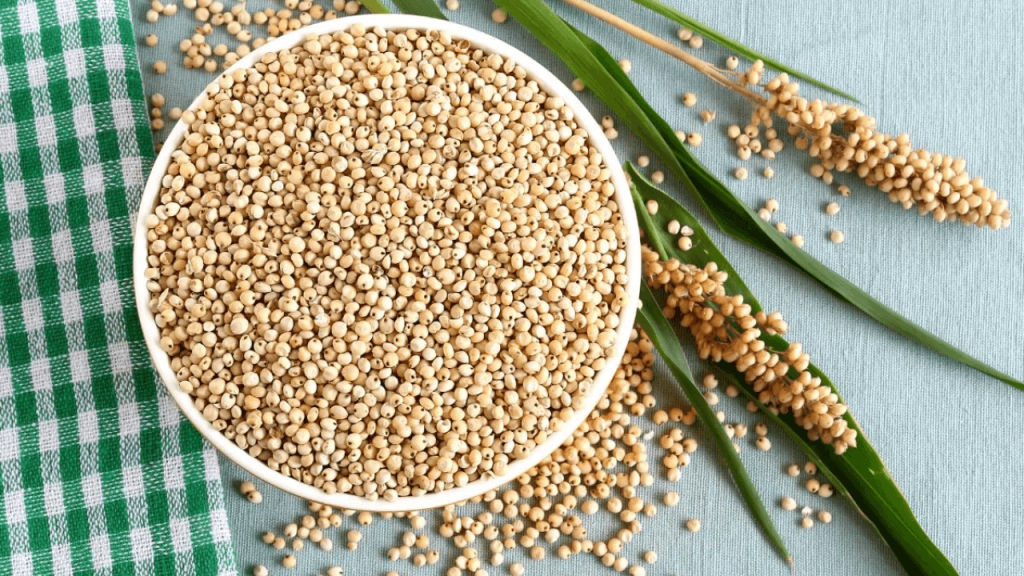In the ever-evolving landscape of healthy eating, one ancient grain is gaining recognition for its nutritional prowess – sorghum. Originating from Africa, this versatile and nutritious grain is making its way into modern kitchens, offering a host of health benefits that cater to a variety of dietary needs.
Nutritional Powerhouse:
Sorghum is a nutrient-dense whole grain that provides a rich source of vitamins, minerals, and antioxidants. Packed with fiber, it promotes digestive health by supporting regular bowel movements and aiding in weight management. Additionally, sorghum is gluten-free, making it an excellent choice for those with celiac disease or gluten sensitivity.
Managing Blood Sugar Levels:
For individuals concerned about blood sugar levels, sorghum is an ideal addition to their diet. With a low glycemic index, sorghum releases glucose into the bloodstream at a slower rate, helping to stabilize blood sugar levels. This characteristic makes it a valuable grain for individuals with diabetes or those striving to maintain a balanced and steady energy supply throughout the day.
Heart Health Benefits:
Sorghum contains compounds such as policosanols and sterols that contribute to heart health. These natural compounds have been associated with lowering cholesterol levels, reducing the risk of cardiovascular diseases, and promoting overall cardiovascular well-being. Including sorghum in your diet can be a heart-smart choice for individuals looking to prioritize their cardiovascular health.
Rich in Antioxidants:
Sorghum is abundant in antioxidants, such as phenolic acids and anthocyanins, which play a crucial role in neutralizing harmful free radicals in the body. Antioxidants help protect cells from oxidative stress and inflammation, contributing to a lower risk of chronic diseases and promoting overall well-being.
How to Incorporate Sorghum into Your Diet:
The versatility of sorghum extends to its culinary applications, making it easy to incorporate into a variety of dishes. Replace refined grains with sorghum in recipes like salads, stir-fries, and grain bowls for a nutrient boost. Swap out rice or couscous with sorghum in pilafs and side dishes to add a hearty and wholesome element to your meals.
Experiment with sorghum flour in baking to create gluten-free treats such as pancakes, muffins, and cookies. The mild, slightly nutty flavor of sorghum enhances both sweet and savory dishes, providing a blank canvas for culinary creativity.
For a satisfying and nutritious breakfast, try a sorghum porridge topped with fresh fruits, nuts, and a drizzle of honey. The chewy texture of sorghum adds a delightful dimension to your morning routine.
ALSO SEE: Dried fruit: Healthy or not?
Feature image: Unsplash

